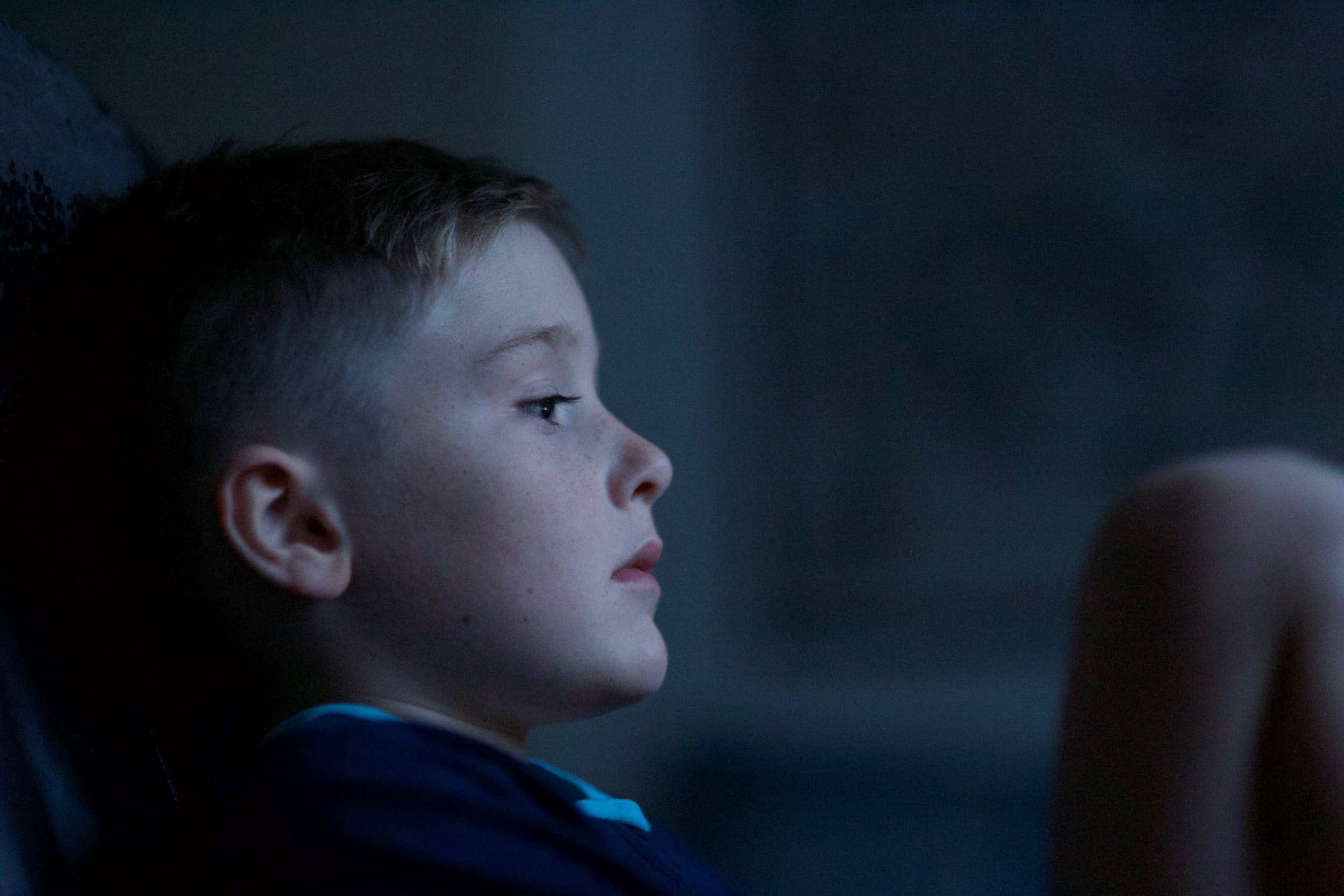We are facing a mental health epidemic for children and teens in this country, and trauma is a major contributor. Schools are on the front lines as record numbers of children are coming to school with anxiety disorders, depression, adjustment disorders and post-traumatic stress disorder, among other things. This Trauma Series was designed to support educators by providing them with knowledge, tools, strategies and resources to effectively cope with and manage these extraordinary challenges. The series consists of six, one-hour pre-recorded webinars that will be available through the end of the school year.
The Classroom Environment: Building a Foundation Conducive to Learning
Children and teens who have experienced trauma have more success in classroom environments with certain qualities. During this webinar, we will look at how a collaborative, restorative, strengths-based classroom is beneficial, as compared to five types of environments that inhibit growth. Participants will be equipped with specific tools, strategies, and a self-assessment checklist that can be utilized immediately to ensure a trauma-sensitive classroom.
Forming Positive Relationships: When Students Feel Safe, They Thrive
During these most challenging times, being able to form strong, positive relationships with students is fundamental. Students who have experienced trauma need to feel emotionally safe in their classrooms, and the best way to ensure that is through a trusting relationship with their teacher. During this webinar, we will discuss a five-step scaffolded process for building a rock-solid relationship with even the most challenging students.
Trauma-Aware and Trauma-Informed Interventions in the Classroom
Once there is understanding about what constitutes trauma, how it impacts a student’s learning and behavior, and the many ways trauma presents in the classroom, the next step is to have a toolbox of strategies and tier one interventions that help build students’ skills. During this webinar, participants will learn about the “window of tolerance, “or the optimal zone of physiological arousal, and ways to help students get in the zone and stay there for longer periods of time so they are ready and available to learn.
Vicarious Trauma in Educators: How to Identify, Prevent and Heal from Secondary Exposure
As a result of the pandemic, record numbers of students have experienced trauma in their lives, including caregivers’ loss of employment, death of loved ones, transition to remote learning, increased rates of abuse, and the uncertainty of what is to come. Educators are on the front lines working with the many struggling students, and many are experiencing vicarious trauma. For some teachers, their students’ trauma triggers an emotional response to the teacher’s own trauma. This webinar will equip participants with the tools to recognize vicarious trauma in themselves, as well as steps that can be taken to heal.
Understanding Self-Injurious Behavior and How to Respond
Self-injury is a non-suicidal act that involves deliberate damage to the body, and includes actions such as carving or cutting the skin, scratching, burning, banging the head or punching oneself. These are behaviors that a student resorts to when there is a lack of coping skills to deal with intense emotions such as anger, frustration or pain. During this webinar, participants will learn about the signs that a student may be engaging in self-injury and how to get them the help they need.
Trauma, Disassociation and Short-term Memory Impairment
When a student has post-traumatic stress disorder (PTSD), a common way of coping with the extreme stress is to dissociate. Dissociation involves disruptions in consciousness, memory, identity, and perception of the self and the environment. This is especially important for educators to understand because it affects a student’s ability to learn and remember new information. During this webinar, participants will learn how to recognize when a student may be dissociating, how to best respond, and strategies for building short-term memory skills.







